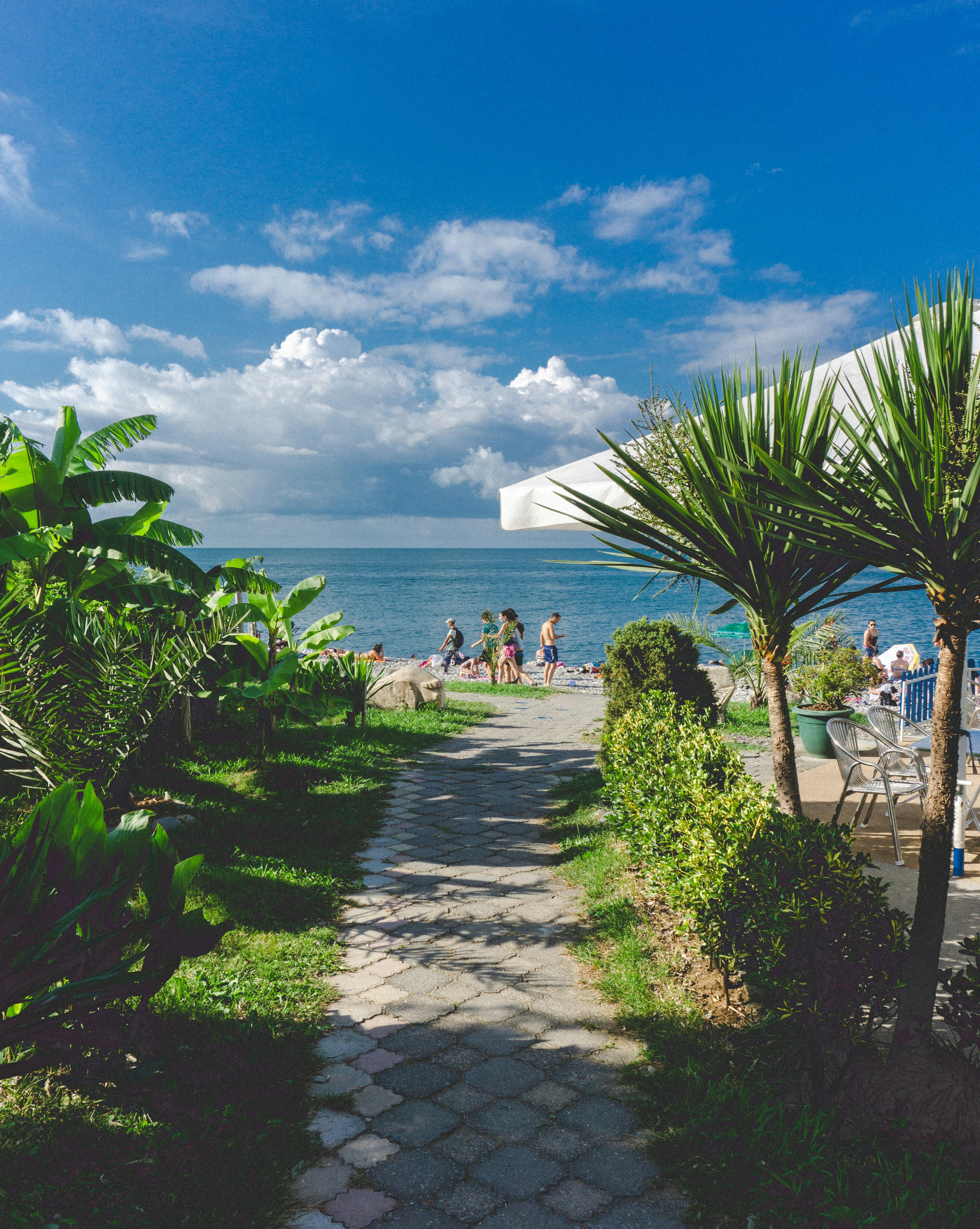Creative Suggestions for Science Fair Titles:
At a science fair, open the door to hands-on learning and apply the methods of professionals in your chosen scientific field. The success of a science fair project hinges on applying the fundamental principles of the scientific method: a question, a hypothesis, experimentation, data analysis, and a conclusion.
Begin with a question that truly piques your interest, drawing from subjects, activities, or world problems you're eager to explore. Many topics lend themselves to experiments utilizing the scientific method. Crafting an enticing, curiosity-driven title can help captivate your audience and excite them about your results. Narrowing down a topic from the vast world of science can feel overwhelming, so consider exploring specific areas of study.
While you can tailor the scientific method to various scientific disciplines, here are some examples organized by major areas of study:
Life Sciences:- Examine the varying responses of Gram-Positive and Gram-Negative bacteria to different antibiotics.- Assess the impact of ultraviolet radiation on the growth of bacteria.- Investigate the effects of organic vs. chemical fertilizers on plant growth.- Analyze plant genetics by cross-breeding specific plant varieties.
Physical Sciences:- Use fruits like lemons and potatoes in simple circuits to measure their electric conductivity.- Experiment with Newton’s Third Law by building a balloon rocket and observing the propulsion.- Investigate properties of shape-memory alloys under different conditions.- Examine the effects of simulated acid rain on plant growth or metal corrosion.
Earth and Environmental Sciences:- Test the toxicity of water or soil samples using bioassays with organisms like brine shrimp or seeds.- Compare the water retention properties of different types of soil.- Model plate tectonics and earthquakes using physical models and analyze the resulting patterns.
Engineering and Technology:- Design and construct a solar-powered car, then evaluate its performance under different light conditions.- Develop a simple water filtration system and determine its effectiveness at removing impurities.- Create a sensor to detect ripe produce based on color or firmness.
Behavioral and Cognitive Sciences:- Investigate the impact of music on memory by having participants memorize information while listening to different genres.- Assess reaction times to various visual or auditory cues.
These examples illustrate the flexibility of the scientific method across scientific fields for science fair projects.
What if we could delve into the realm of online education and explore how the scientific method can be applied to learn and conduct experiments related to physics, even in the comfort of our homes? Perhaps we could design an experiment to test the efficiency of different online learning platforms in facilitating understanding of complex physics concepts.
The scientific approach to this project might involve setting a question - to identify the most effective online platform for physics education - devising a hypothesis about the efficiency of different platforms, conducting experiments where students use each platform to learn physics, analyzing data collected from student performance, and drawing a conclusion about the most effective platform for physics learning.
This experiment would not only enhance my education and self-development but also provide valuable insights into the future of online education in the field of physics. By exploring the use of the scientific method in online learning, I hope to inspire others to use this approach when tackling their physics questions and furthering their understanding in this captivating field.







